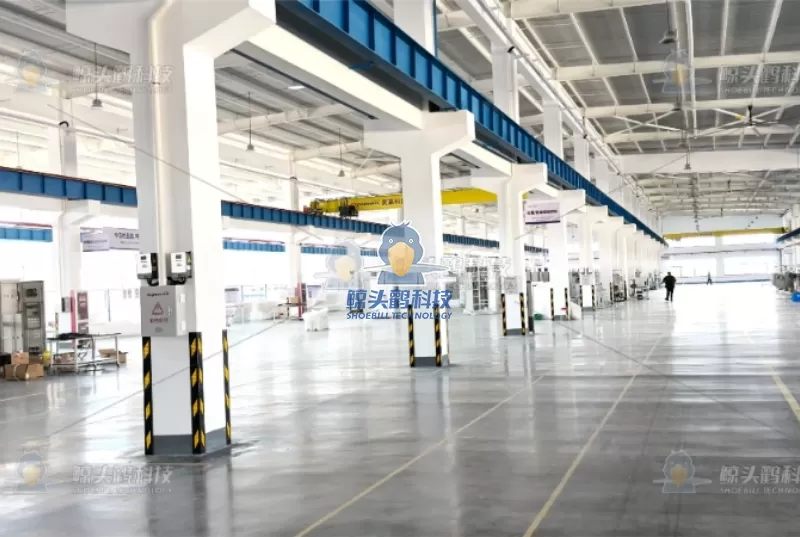In today's fast-paced world, where automation and technology dominate various industries, the use of manual pumps may seem outdated. However, there are still situations where manual pumps prove to be the most efficient and reliable option. This article aims to explore the scenarios in which using a manual pump is not only practical but also advantageous, providing valuable insights for individuals across different industries.
- Remote Locations and Limited Power Supply:
In remote areas or during outdoor activities such as camping, hiking, or boating, access to electricity or mechanical power may be limited or non-existent. In such cases, a manual pump becomes an essential tool for various purposes, including water extraction, fuel transfer, or inflating air mattresses. Its simplicity and portability make it a reliable solution when traditional power sources are unavailable. - Emergency Situations:
During emergencies such as power outages, natural disasters, or equipment failures, manual pumps can be lifesavers. When electric or mechanical pumps fail, a manual pump can provide an immediate solution for tasks like draining flooded areas, removing water from basements, or even supplying water for essential needs. Their mechanical reliability ensures functionality when other systems may be compromised. - Small-Scale Operations and Personal Use:
In certain industries or personal settings, manual pumps offer a cost-effective and practical alternative to larger, more complex machinery. For instance, in small-scale agriculture, gardening, or aquaponics, manual pumps can efficiently transfer water between containers, irrigate crops, or oxygenate fish tanks. Their simplicity and low maintenance requirements make them ideal for individuals or businesses with limited resources. - Precision and Control:
In some situations, manual pumps provide greater precision and control compared to their automated counterparts. For instance, in laboratories or research facilities, where precise volumes of liquids need to be transferred or mixed, manual pumps allow for meticulous adjustments. Additionally, in artistic or creative fields such as painting or pottery, manual pumps enable artists to control the flow and pressure of materials, enhancing their artistic expression. - Maintenance and Backup:
Even in industries where automated systems are prevalent, having a manual pump as a backup can be crucial. In case of power failures, mechanical breakdowns, or routine maintenance, a manual pump ensures that essential operations can continue without interruption. It serves as a reliable contingency plan, minimizing downtime and potential losses.
Conclusion:
While automation and technology continue to revolutionize various industries, manual pumps still hold their ground in specific scenarios. Whether it's due to limited power supply, emergency situations, small-scale operations, the need for precision, or as a backup option, manual pumps offer practicality, reliability, and control. Understanding when to use a manual pump can optimize efficiency and ensure smooth operations across different sectors, proving that sometimes, simplicity triumphs over complexity.



More Stories
Enhancing Efficiency and Precision with Single and Double Station Winding Machines
Solar Panel Tracking Mount: The Complete Professional Guide to Maximizing Solar Energy Efficiency
Key Features to Look for in a Single-Acting Scotch Yoke Pneumatic Actuator + Bevel Gear